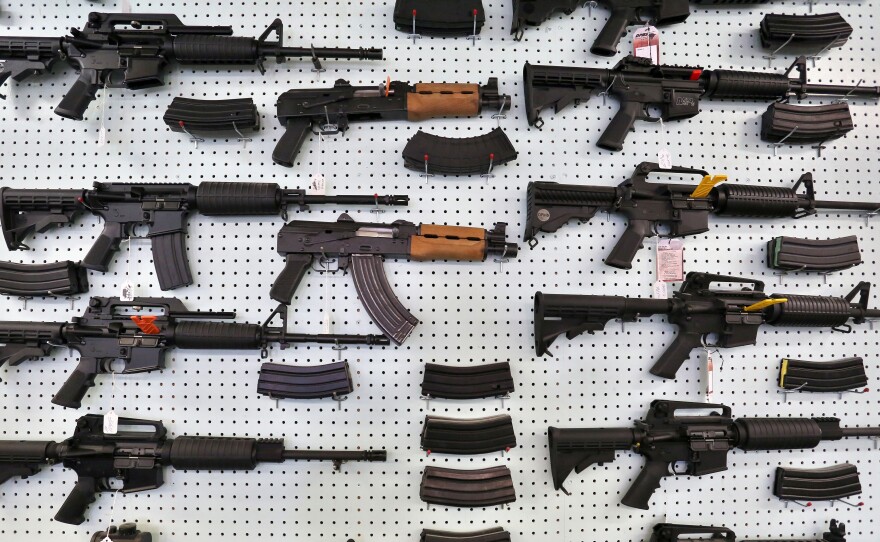As students across the country walk out of class to protest for tighter restrictions on firearms, California lawmakers and policy advocates are preparing their own responses after the Parkland shooting.
Bills introduced or being considered in the Assembly would tackle a variety of gun control issues, from raising the minimum purchase age for all firearms to 21-years-old to making it easier to rapidly issue gun violence restraining orders.
Other bills would require law enforcement to more quickly enter lost, stolen or confiscated weapons into a statewide database, and restrict weapon components that can be assembled into firearms without registration numbers.
RELATED: For San Diego Millennials, School Walkout Is A Warm-Up For The Ballot Box
California lawmakers and voters have passed significant new firearm restrictions after other shootings in recent years, including requiring background checks for ammunition purchases and banning rifles with magazines that can be released using the tip of a bullet, known as bullet buttons.
That leaves the state already with some of the tightest laws in the nation regulating the supply of guns. Ari Freilich at the San Francisco-based Giffords Law Center to Prevent Gun Violence said he’d like to see lawmakers direct more focus this year to the demand for firearms.
“Mass shootings are horrendous, horrific tragedies that deserve our attention. But mass shootings are a very small portion of the overall gun violence that falls disproportionately on communities of color,” Freilich said.
He said there hasn't been sufficient investment and focus on intervening. "So, street outreach programs, violence peer-counselors that work with people that are the most likely to perpetrate violence and to stop them from doing so,” he said.






